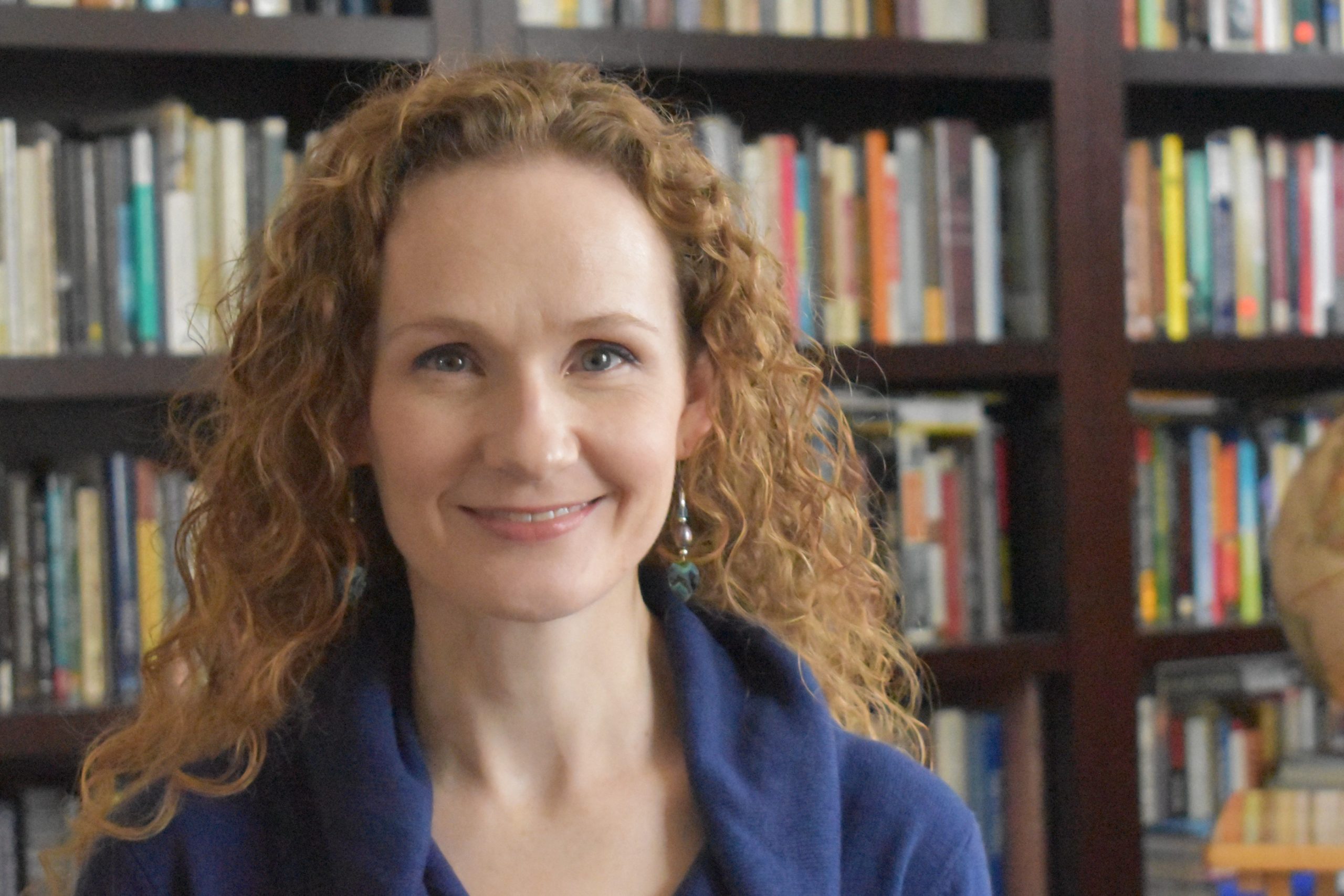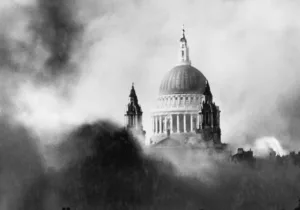The Christian season of Advent is celebrated as night in the northern hemisphere reaches its annual zenith. It is during this season of darkness—the deep midwinter of the old carol—that hope is most needed and yet paradoxically seems farthest away.
The past year has not been easy. It opened with the world still in the grips of a once-a-century global pandemic, with thousands dying daily. Americans witnessed an assault on their seat of government by their fellow citizens, egged on by the sitting president, which resulted in the death of five police officers and injury of at least 151 more. A large fraction of the population seems immune to basic facts, fed a steady diet of lies and half-truths by a right-wing media ecosystem that thrives on conspiracy and fear.
And now, as the year comes to a close, what reasons have we for hope?
Not all trends point down: in the spring, a highly effective vaccine became available to US residents, which allowed many people to return to some semblance of normalcy—even as the unvaccinated continued to fall ill. That a novel vaccine was developed so quickly is a testament to the hard work and ingenuity of countless scientists, physicians, and civil servants, along with the government funding of their research. Though not a miracle, it comes about as close to one as humans can create.
Some of those involved in the insurrection at the Capitol have faced justice. The men who hunted down and murdered Ahmaud Arbery in 2020 were convicted of his killing. Our institutions, so battered in recent years, have enough life left in them yet to deliver some semblance of accountability.
But even with these successes, the darkness threatens to overwhelm. The ever-evolving virus is still with us. The former president continues to claim he won the election, eating away at confidence in the legitimacy of the government and the trustworthiness of our systems, and Republicans do little about his lies or influence. The Rittenhouse verdict seems to be edging us closer to Hobbes’ war of each against all, when any protest or disagreement could turn into a firefight. Murders are up; mass shootings continue to plague our schools and public gatherings.
Amid these deep challenges, where does hope come from?
Hope is, fundamentally, the conviction that things can be different, that what is badly wrong with the world is not ultimately irreparable. Like the Christian calendar, which mirrors the rhythms of the year even as it points to something beyond, hope directs our vision to a better world just beyond the horizon.
For hope to be more than wishful thinking, however, it must be anchored in reality. We have only to look at history to know that peace and order are both hard-won and difficult to maintain, that even the mightiest empires fall, and that too often, contentment seems outweighed by misery.
But that is not all. History also demonstrates that social movements founded on lies eventually collapse under their own weight (though often at great cost). New generations rise up to meet new challenges. A child born in 2021 inhabits a different world than a child born in 1971, and may be less daunted by it as a result. And as disconcerting as these facts may be to those of us who remember the before times, when our disagreements seemed less existential and our way of life more settled, it is a reason for hope.
The birth of a child breaks with the cyclical nature of the seasons: it is a rupture in time that guarantees novelty. This child, this life, has never been lived before. Children born this year will see new opportunities and make different choices than their forebears did.
That is why the Christ child is such a potent symbol within Christianity. Jesus’ birth is the ultimate example of a birth that changed the course of history. With Christ’s birth, the world was remade.
This Advent season, as we await the celebration of that auspicious birth 2,000 years ago, let us remember that every child born carries the same promise of genuine newness: the world can be different, because now it is different.
In a fallen world, bad things are predictable. Like winter, the darkness will come. Novelty, though, is unpredictable, and therefore easier to discount. But it is no less real.
It is as real as my newest nephew, whose name means “gift of God.” Born the day after I was invited to write this reflection, he is vulnerable as all babies are, but healthy and strong. His life, and all new life, reminds us that while there is life, there is hope.
In the deep midwinter, light is breaking in. And in the darkness, it shines all the brighter.
Do we see it? How will we respond?







 Sponsor a student for Christianity & National Security 2024
Sponsor a student for Christianity & National Security 2024